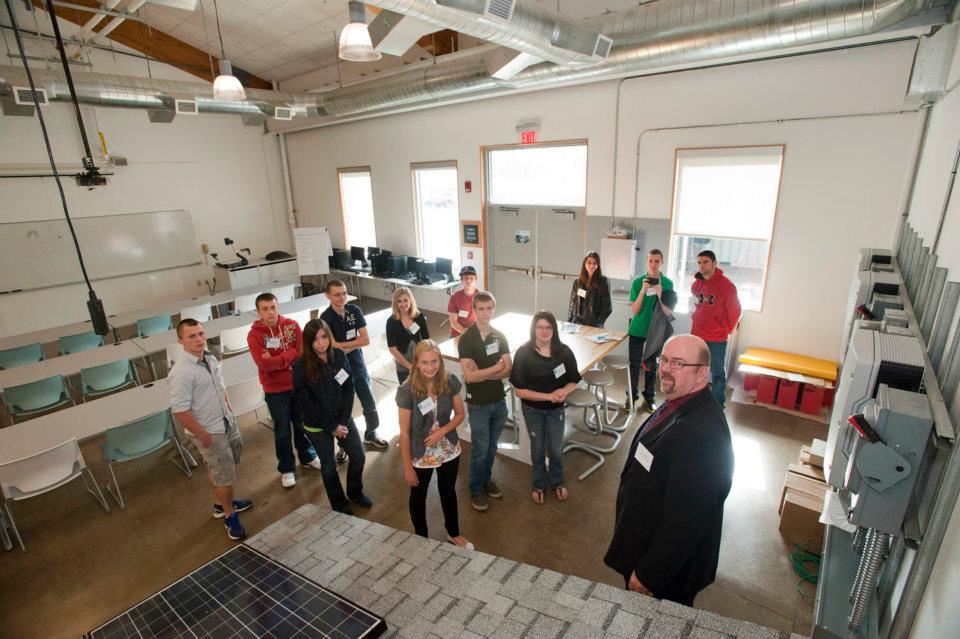
Chancellor Nancy L. Zimpher last week announced that SUNY’s community colleges have received a $14.6 million grant from the U.S. Department of Labor to design, implement, and deliver a strategic approach to job training and education for high-demand jobs in breakthrough industries, such as nanotechnology and advanced manufacturing.
The grant will allow a consortium of SUNY community colleges, led by Monroe Community College, to design standardized curricula to directly address the needs of industry employers.
This comes amidst an economic period where education institutions are becoming ever more essential to the economies of their communities, state and global markets. And in a state that houses the world’s largest higher education system, the U.S. Department of Labor grant will go a long way in helping our community colleges lead students to compete in the world market to continue sustaining local and state economies.
“This federal support will help grow SUNY’s already powerful capacity to prepare students for careers in high-tech and advanced manufacturing fields where there is such a high demand in New York and across the country,” said Chancellor Zimpher.
The drive will be a team effort; students, community members, local businesses and governmental institutions all have a stake—and all have a say—in tomorrow’s growth through New York’s 30 community colleges.
Over 150 other industry associations and employers from across the state have joined with the SUNY collaborative as key partners to validate curricula, develop and implement learn and earn strategies, raise awareness of the industry sector and facilitate job placement. Manufacturers of all sizes and their representing associations will be involved from project design to implementation to placement and employment for eligible workers.
“You won’t find harder working people anywhere outside New York State,” Senator Kirsten Gillibrand said. “By strengthening our workforce with the right skills for the jobs of the future, we can help more local businesses grow, attract new businesses, and set the foundation for a strong and growing economy.”
The goal: Two years. That’s how long it should take a student to be educated and begin placement for the region’s demand, according to SUNY. To get there, an array of tools will be enlisted: Student services, prior learning assessment, workforce readiness assessments, and fast-track developmental education based on best practice models.
In all of the good that the grant brings to New York State and SUNY community colleges, at the end of the day, it is the students who get the most out of a reliable education geared for tomorrow and a stable future to grow in New York’s communities.
Johanna Duncan-Poitier, SUNY Senior Vice Chancellor for Community Colleges and the Education Pipeline, said, “The real beneficiaries will be the thousands of SUNY students who will receive education and preparation leading to high-wage, 21st century advanced manufacturing jobs, and our extensive network of industry partners, who will strengthen our state and local economies by hiring here at home.”

